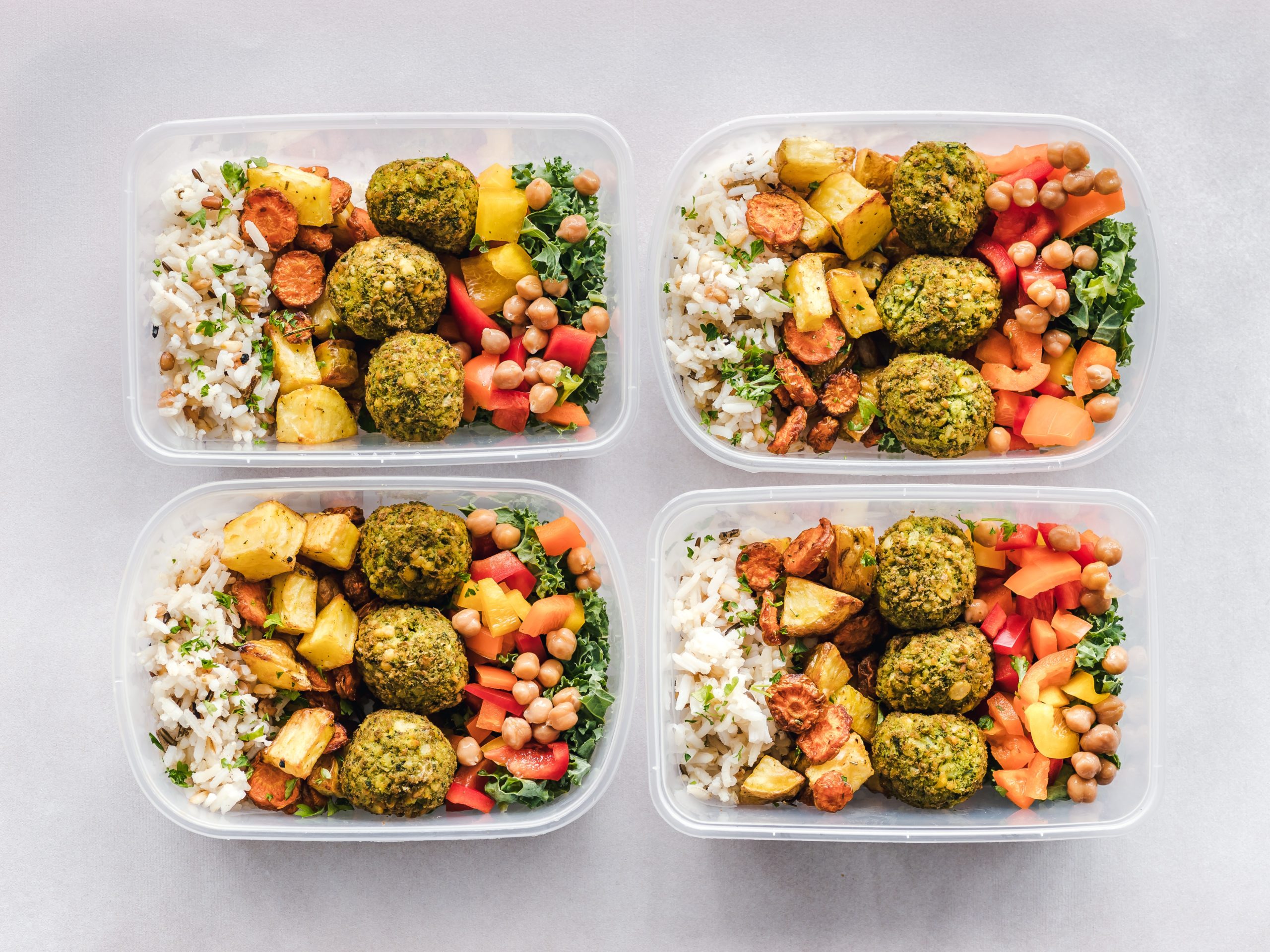If you are familiar with popular diet trends, you have probably heard of intermittent fasting. Designed to help followers lose weight and improve body composition, intermittent fasting includes a specified period of fasting, followed by a specified period of eating. Specifics of these fasting/eating windows can vary in time and frequency depending on the follower and the goals of the fasting plan. The most common form of intermittent fasting is the 16:8 ratio where followers fast for 16 hours and eat the days calories in an 8 hour window. This form of intermittent fasting is easier to follow as it gives followers a more normalized eating schedule.
This fairly new style of eating is still being researched to determine whether or not the health benefits outweigh the potential risks associated with long periods of fasting. Limited research in both humans and animals has shown that intermittent fasting can lead to weight loss based on the mechanics of fasting, i.e., allowing the body to burn through the energy from consumed food and switch to burning stored energy in the form of body fat. Although intermittent fasting may help with weight loss, it is typically difficult to follow and sustain, given the specific time requirements and will-power associated with fasting for long periods of time.

One style of Intermittent fasting that has recently gained traction, mainly because of it’s shock factor, is the “one meal a day” or OMAD diet. As the name implies, the one meal a day diet has followers fasting for up to twenty-three hours per day, and consuming their daily calories in a one hour time period, typically in a single meal.
Interested to learn more about the one meal a day diet? Let’s dive into some specifics!
How do I only eat one meal a day?
Starting out, followers choose breakfast, lunch, or dinner as their single meal of the day. The chosen meal will dictate the timing of the fast (23 hours fasting to 1 hour eating). Food choices vary on this program as some choose to eat any food they want, while others focus on a more balanced approach of nutrient dense foods from multiple food groups. During the fast, followers are allowed to drink calorie free fluids including water, coffee, and herbal tea.

Eating one meal a day
A sample meal for someone who selected dinner as their one meal of the day may look like this:
- 2 Cups White Rice
- 2 Cups mixed vegetables
- 7oz Ribeye steak
- 1 whole avocado
- 1 cup greek yogurt
- 1 cup berries
As you can see, this is a lot of food! An entire day’s worth, actually! Eating this amount of food in one sitting is not easy, and can be difficult to adapt to. For this meal, we focused on a good balance of healthy carbs, fats, and proteins to give the body adequate nutrition for the day.
Other proponents of the one meal a day diet say you can eat whatever foods you want. This freedom is appealing but choosing fast foods and higher calorie foods can quickly lead to over consuming calories for the day, even if you are only eating one meal.
It is of note that the one meal a day diet would be very difficult for vegetarians, vegans, or those eating a plant-based diet. Plant-based choices are typically lower in calories which means more total volume would need to be consumed to get the adequate number of calories for the day.

What happens if you only eat one meal a day?
By eating only one meal a day and fasting for 23 hours, followers are intentionally putting stress on the body. This stress looks to boost metabolic activity, repair DNA, and burn the bodies stored energy (aka body fat). Through doing this there can be weight loss, improved clarity, and body composition.
Does eating one meal a day have any benefits?
Although research for eating one meal a day is strictly anecdotal, followers of this style of eating claim benefits including weight loss, reduced body fat percentage, an increase in energy, and increased satiety.
On the flip side, long periods of fasting do not come without inherent risks. Only eating one meal per day can lead to feelings of weakness, extreme hunger, mental fogginess, and an increased risk of binge eating. Until followers adapt to this style of eating, the longer the fast, the worse these symptoms can be.

What are the results of eating one meal a day?
Like any diet, results of following the one meal a day plan can vary. Followers who have successfully followed this eating plan claim many of the benefits listed above. Despite these claims, the difficulty of this diet should not be overlooked. Fasting for an entire day is hard, and most followers do not make it out of the first two weeks.
Is eating one meal a day healthy?
Although this eating plan is extreme, it’s important to remember that “health” is not always black and white. For some, fasting for long periods of time may be healthy as it leads to successful weight loss, and improved satiety. For others, this style of eating may lead to negative relationships with food and feelings of deprivation. For this reason, it is important to weigh the pros and cons and be in tune with your body when trying any form of intermittent fasting.

Should you try the one meal a day diet?
At Noom, we believe the most successful eating plan is the one that you can follow for the long term. Although there may be some benefits associated with periods of intermittent fasting, a plan such as the one meal a day plan can be extremely difficult to sustain. If you want to explore intermittent fasting, try starting slow and explore some of the more balanced approaches to fasting. Wanting more info on fasting and how it may play into your weight loss goals? Let Noom help! Get access to a personalized Goal Specialist who can help you navigate the ups and downs of any eating plan. Start your risk free Noom trial today!





